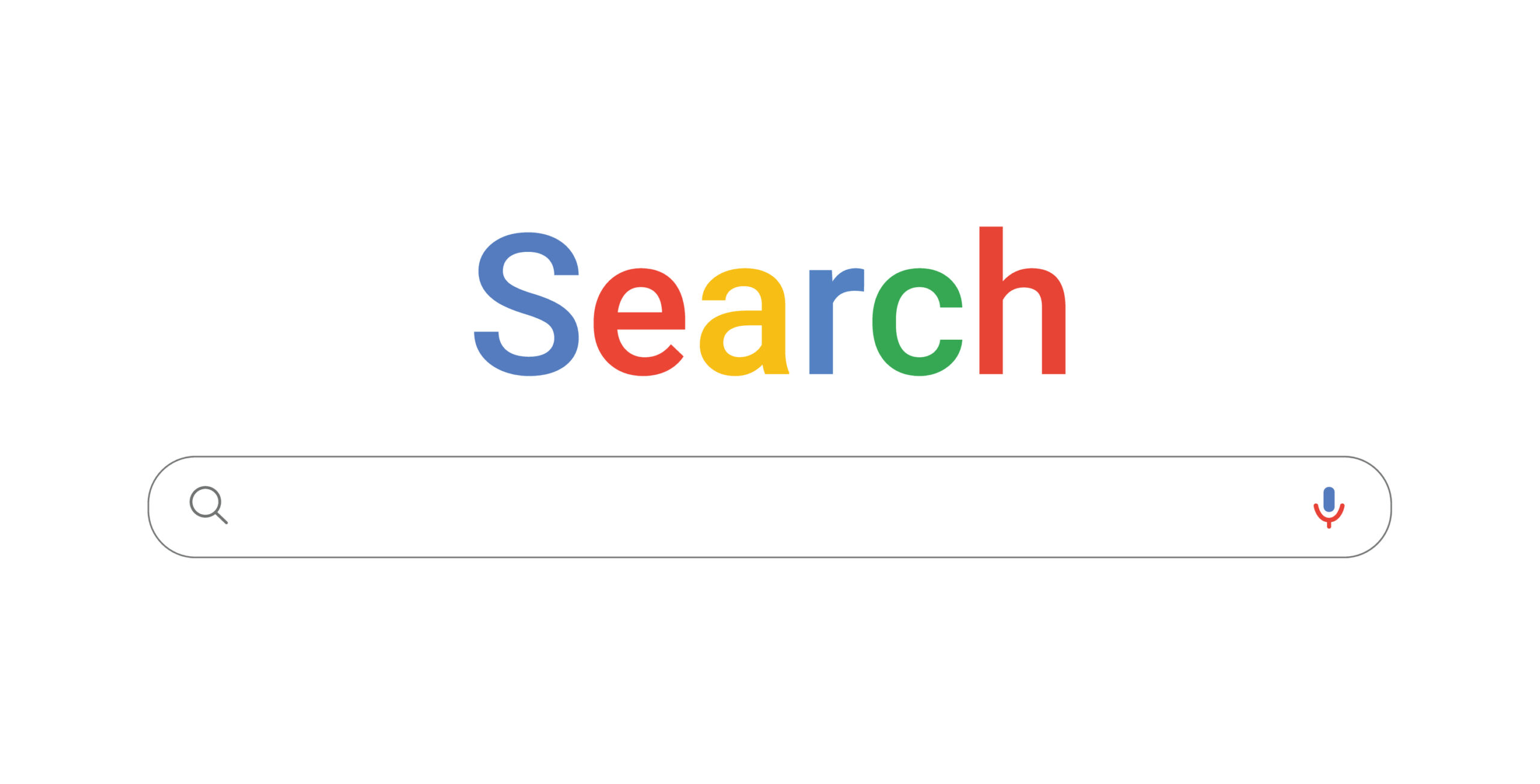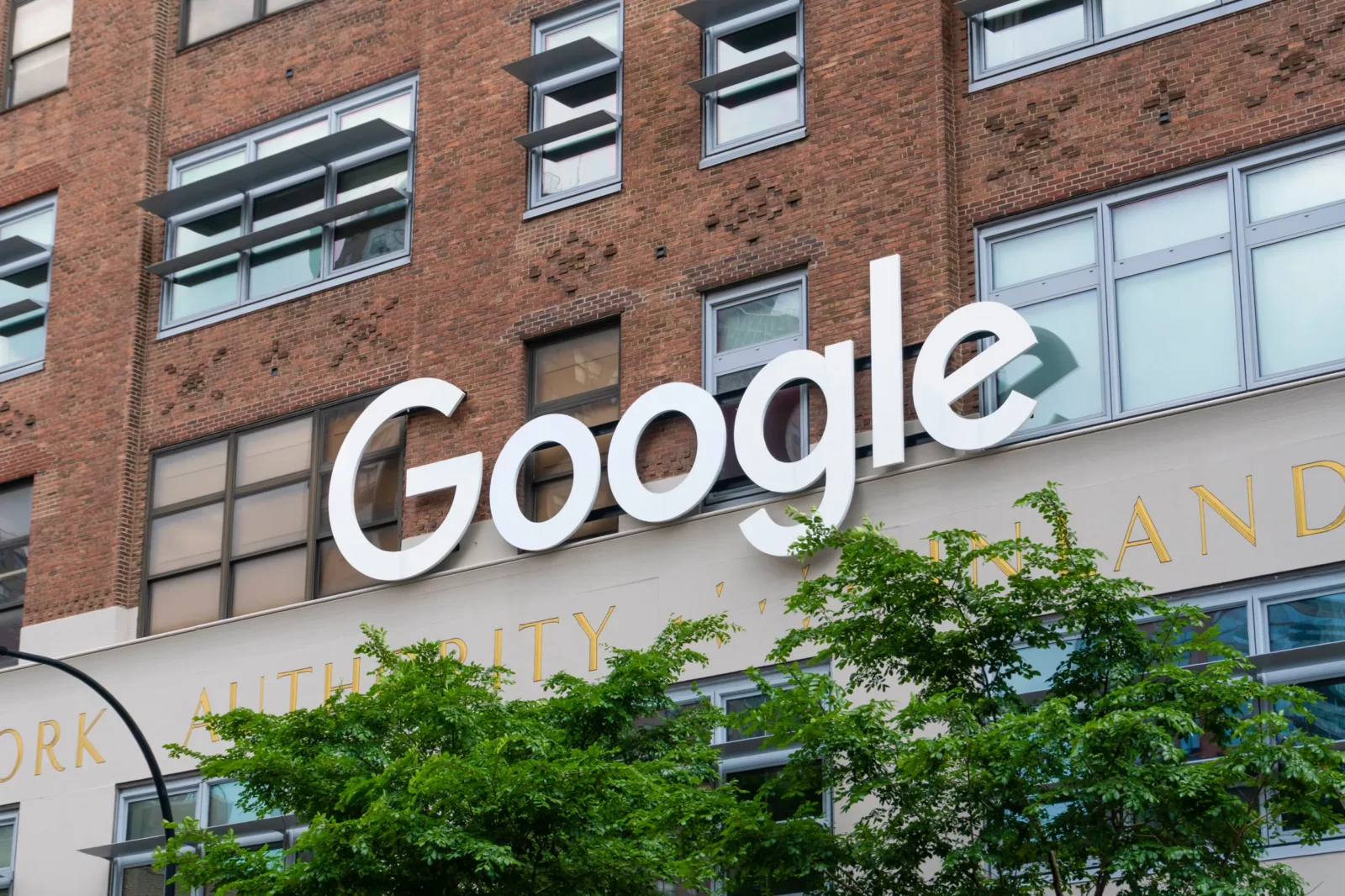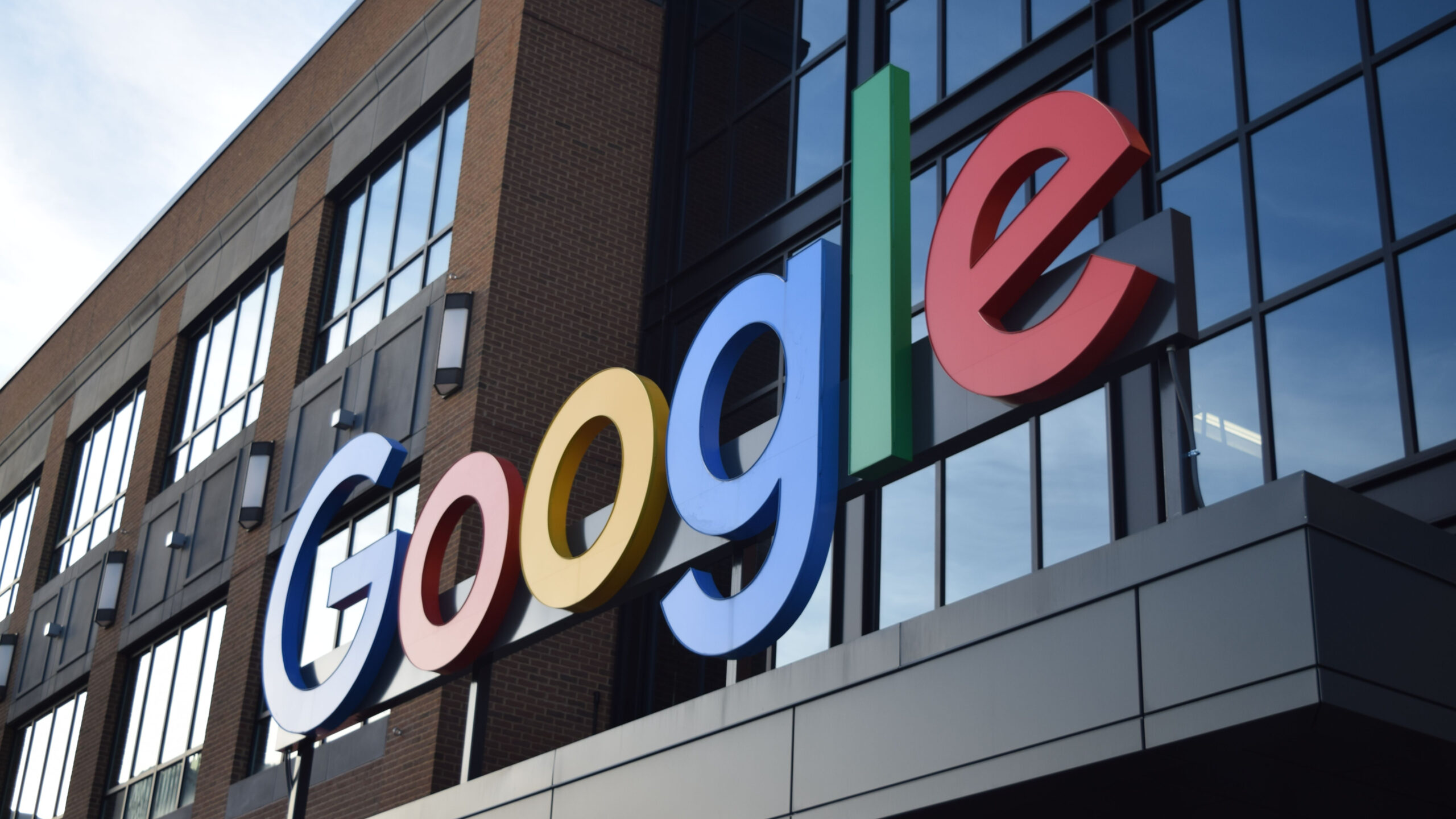AAP Praises Wisdom of HathiTrust and Google Books Decisions
In a recently filed amicus brief, the Association of American Publishers (AAP) acknowledged that the decisions of the U.S. Court of Appeals for the Second Circuit in Authors Guild v. HathiTrust and Authors Guild v. Google reflected “carefully-limited reasoning and interest balancing.” This recognition of the validity of those decisions runs contrary to the previously-held positions of many organizations representing rights holders (including AAP) that the courts are out of control on fair use.
Over the past decade, the Second, Fourth, and Ninth Circuits have issued a series of decisions finding that copyright’s fair use right permits the verbatim copying of a large number of works into databases for search and other “non-consumptive” purposes. The Ninth Circuit in Kelly v. Arriba Soft and Perfect 10 v. Amazon.com allowed the copying of images found on websites, and the display of thumbnails of the those images in response to queries, for search purposes. The Fourth Circuit in A.V. ex rel. Vanderhye v. iParadigms permitted the copying of student papers into a plagiarism detection database. And in both Authors Guild v. HathiTrust and Authors Guild v. Google, the Second Circuit held that the scanning and storage of millions of books for indexing purposes was a fair use.
The organizations representing rightsholders generally condemned these decisions. They argued that fair use must be applied on a work-by-work basis, so courts couldn’t simply permit the mass digitization of millions of works in one broad decision. They further asserted that these decisions represented a bastardization of Judge Leval’s “transformative use” approach to fair use, given that the works themselves hadn’t been transformed at all; they simply were included in a database. The organizations also contended that these uses deprived them of licensing revenue and subjected them to the risk of widespread infringement.
For example, in 2013, AAP filed an amicus brief in HathiTrust, calling on the Second Circuit to reverse the district court’s fair use determination. AAP described the district court’s holding as “improper judicial legislating.” It argued that the district court “improperly applied the transformative use standard” by including “the ultimate (end user) purpose and social benefits of the use.” AAP warned that this ruling left “in its wake a vast loophole that could allow any party that copies works wholesale on a mass scale to satisfy the central first-factor test of transformative use….”
Indicating the breadth of the opposition to these mass digitization decisions, the following thirteen organizations joined amicus briefs calling (unsuccessfully) on the Supreme Court to reverse the Google Books decision: The Copyright Alliance, the Copyright Clearance Center, the International Federation of Reproduction Rights Associations, International Authors Forum, the International Publishers Association, the International Association of Scientific, Technical and Medical Publishers, American Society of Journalists and Authors, Elsevier, Hachette Book Group, Text and Academic Authors Association, Western Writers of America, National Association of Science Writers, and the Dramatists Guild.
This theme of the courts running amok over fair use was also expressed during the copyright review by the House Judiciary Committee and the copyright inquiries conducted by the Copyright Office and the Department of Commerce. One of the more comprehensive—and temperate—articulations of the perspective of how the “fair use pendulum” has swung too far in favor of fair use was the testimony of Columbia Law School Professor June Besek at the Judiciary Committee’s hearing on fair use in January 2014.
Thus, it is refreshing that AAP praised the HathiTrust and Google Books decisions in an amicus brief it just filed in the Second Circuit in Capitol Record v. ReDigi. AAP supported affirmance of the district court’s decision that ReDigi’s system for reselling downloads from iTunes infringed copyright because it was not permitted by either the first sale doctrine or fair use doctrines. In a press release announcing the filing of the brief, AAP stated that “in its brief, AAP takes care to distinguish the carefully calibrated fair use decisions of the Second Circuit in the Authors Guild, Inc. v. Google, Inc. and Authors Guild, Inc. v. HathiTrust cases” from ReDigi’s actions.
In the brief itself, AAP referred to the HathiTrust or Google Books decisions as “careful” no less than four times. In the summary of argument, AAP asserted that “a decision in ReDigi’s favor here would…eviscerate this Court’s carefully-limited reasoning and interest balancing in HathiTrust and Google Books….”
In the body of the argument, AAP argued that a ruling in favor of ReDigi “would eviscerate this Court’s careful efforts to limit the scope of its holding in HathiTrust.” It further noted that Open Library, a project run by the Internet Archive and supported by ReDigi’s amici, imposed none of the “careful restrictions on display” contained in the Google Books decision. Finally, AAP stated that the Second Circuit should not allow ReDigi “to avoid the careful restrictions on use this Court so wisely insisted on in HathiTrust and Google Books.”
Evidently, in the four years since it filed its amicus brief in HathiTrust, AAP has recognized that the mass digitization decisions do not create a vast loophole in the exclusive rights of its members. Instead, HathiTrust and Google Books are wise and carefully-calibrated decisions that balance the interests of all stakeholders. Hopefully, other rights holder organizations will follow AAP’s lead in reassessing their positions on these decisions.








